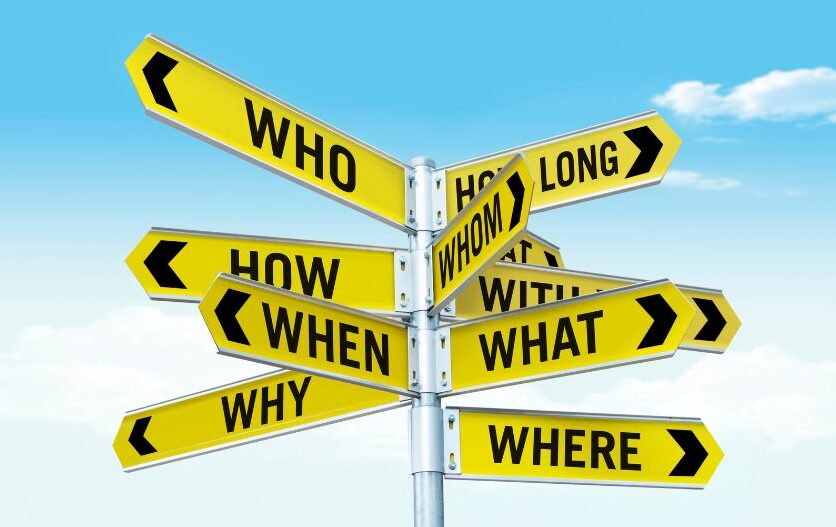Most of my classes begin with a guided relaxation, an invitation to change gears and turn attention inward by shifting awareness from thought to sensation. I hear myself repeating similar words and sentences from class to class; the phrasing and focus may change slightly, but the intention is the same – an invitation to cultivate the skill of feeling, to check in with and learn to trust what our bodies are saying to us. (Yes, us – because I check in with my nervous system as well during this time)
At the beginning of a recent class, I caught myself saying the words, “Come to your senses.” Although I was talking about felt sensations, my mind couldn’t help but go to some of the ways we use that phrase. Before diving too deeply into that rabbit hole, I pulled my mind back to the task at hand, quickly scribbled the words down, and returned my attention to the class. (You might say I came to my senses.)
When there was time to return to the rabbit hole, I did a quick google search, and learned that to come to one’s senses means:
- To begin to think in a sensible or correct way after being foolish or wrong.
- To regain consciousness
- To start to think and behave reasonably after a period of foolishness or irrationality
- To return to normal [after being out of control or irrational].
It’s interesting to me that coming to our senses is considered a return to normal (whatever that is), something that happens after a misadventure or disillusionment, a walk back from the brink of… whatever. Coming to our senses is a reconnecting to our nervous system, that complex interface we use to receive information from and move through our world.
What if coming to your senses wasn’t a return, but a starting point? Would you trust yourself a little more? Feel more confident and competent at moving through your life? I extend the invitation over and over again in the context of working with my students and clients, knowing that the skill of sensing is one of the most valuable things I can teach them. When they can feel and trust what they’re feeling, they can make their best choices each time they come to movement.
Sensing is a transferable skill. Letting yourself feel, without pushing away what you’re feeling, is a good practice for the rest of life. With practice, you can let yourself feel the difficult stuff, get curious about it, and learn more about the patterns in your nervous system, mind and body (and it’s all connected), and start to make your best choices.
Book club recommendation!
A link to American Poet Ross Gay reading from his wonderful book, “Inciting Joy,” was shared with me a few weeks ago and I promptly got my copy from the library. In this series of deeply thoughtful and moving essays, Gay writes about some of the unexpected ways our shared human experience provokes joy in us. As I read, I sometimes found myself with a lump in my throat, tears welling up (in a good way); at other times I found myself laughing out loud. I see now how joy isn’t a solitary experience, but one born of connection with others.
When you have some extra time and space in your day, I invite you to listen to either (or both!) of these recordings of Ross reading from his book:
I hope you enjoy listening, and if you do read the book (or listen to the audiobook), I’d love to hear what you think!




